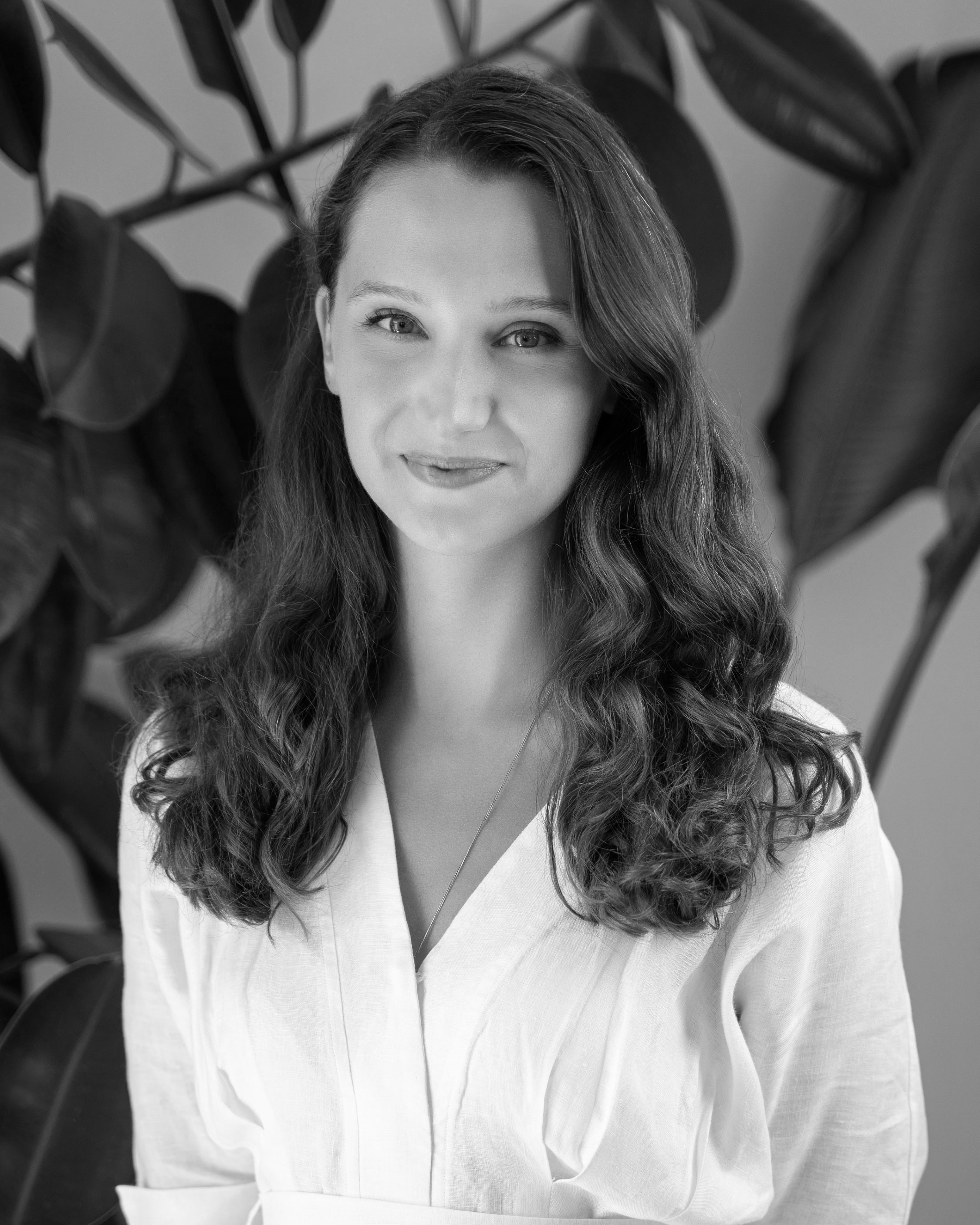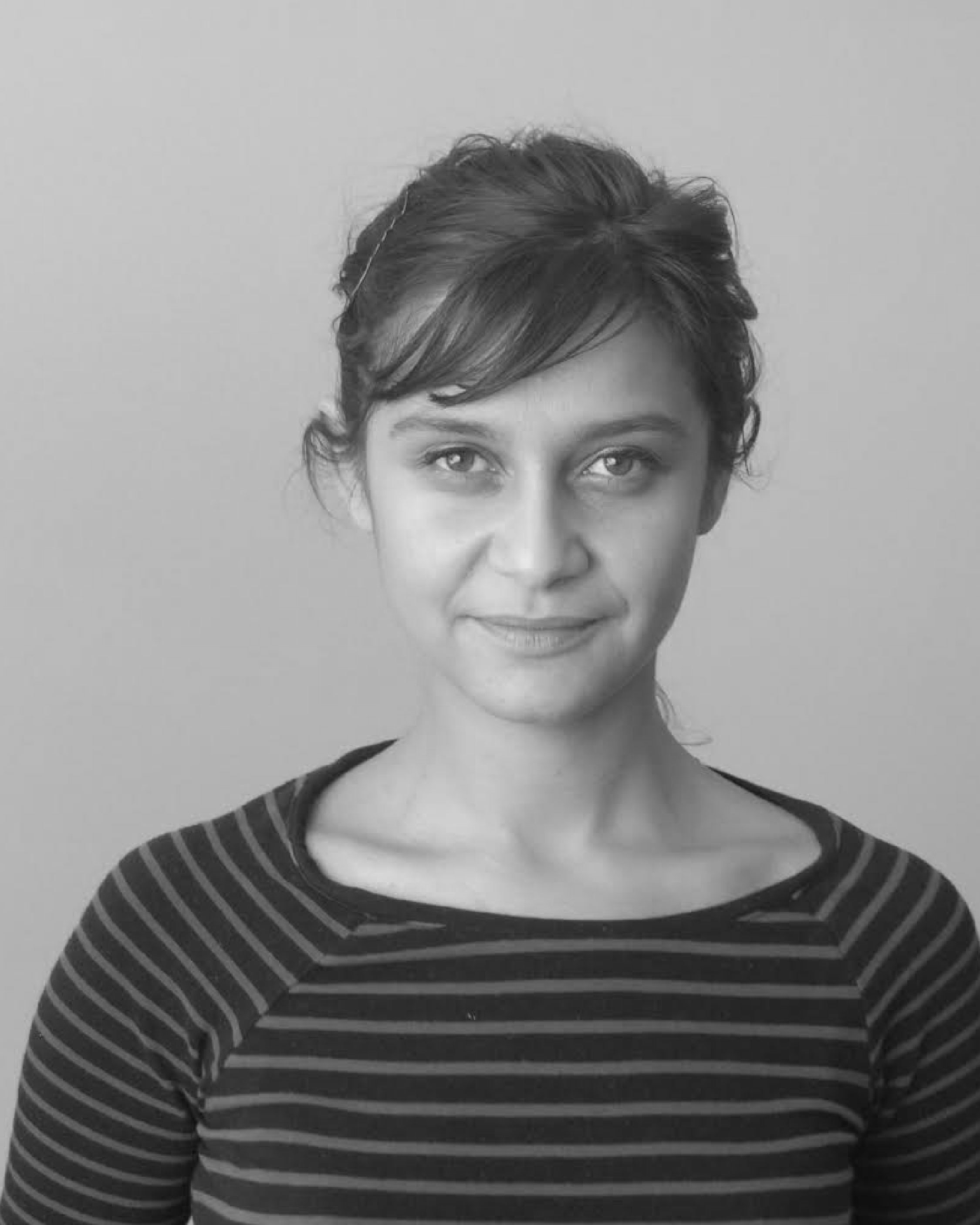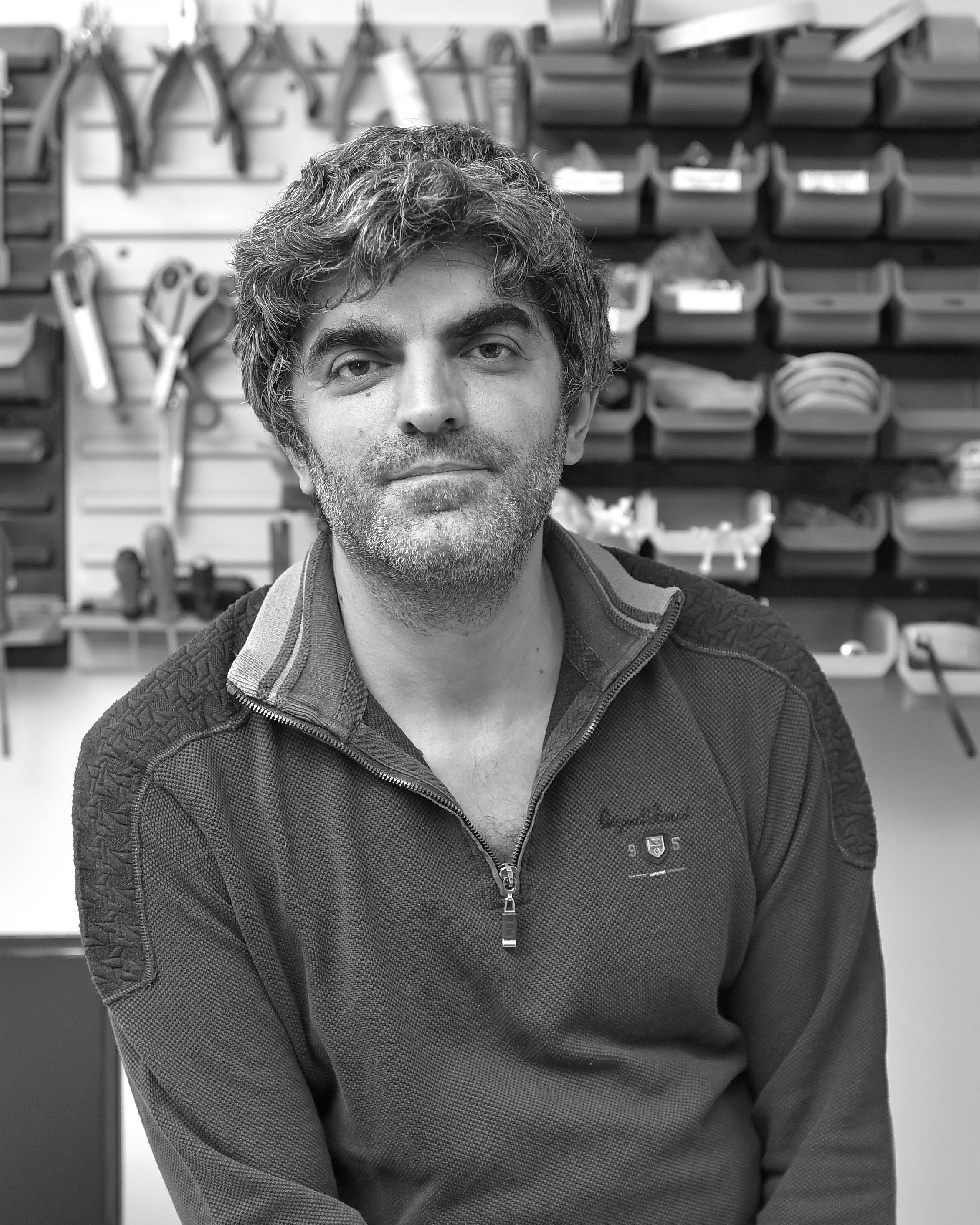imeceLAB manager Zeynep Çelik, artist Meltem Şahin, artist, designer and academic Bager Akbay and artist Elmas Deniz came together at the “Curating a Green Footprint” panel that was held in October as a part Digilogue Summit ’22, and examining sustainability through the perspective of art, they discussed the concept of sustainable art, and the ways to find a more sustainable approach during production.
Creating and improving himself from day one, humankind continues to disrupt the natural balance and destroy what has existed unfortunately. Although intrinsically dependent on sustainability, people keep on moving away from it. Like every field that people affect, art also brings forth questions when it comes to sustainability.
Zorlu PSM Sky Lounge
20-21 October 2022
Tags
“Climate crisis” is one of the most notable subjects on sustainability discussions. Having experienced the devastating effects of last year’s forest fires that took place in Marmaris closely, artist Meltem Şahin talked about the “Bee-Koop” project that was carried out to compensate for the damage suffered by beekeeping, which is a source of livelihood for the majority of the people in the region. The project in which she and about 30 artists put 330 NFT artworks for sale, was supported by NatGeo and Le Petit Marche, and was promoted in 8 different languages in 20 countries. Although Şahin started the project with high hopes, the sales volume didn’t turn out as expected but she made enough sales to cover some of the expenses for beebread, while her main target remained creating a long-term, sustainable ecosystem.
Carrying out studies and lecturing on art, society, technology and cultural memory, Bager Akbay discussed the ways that humans can contribute to nature and their destructive effects on it: “The conditions we live in are not natural. We changed the world to achieve this. We established fields of science and different disciplines, we persuaded people to these. We designed universities. We made up the Renaissance people. Now what do we want to sustain, why don’t we want to sustain it?” Believing that the basis of sustainability is to keep an individual perspective, Akbay stated that the concept should be supported by scientific literacy and sociology in order to enter a maturation period.
Zeynep Çelik pointed to the “regular crisis theory and panic period” that we live in. On the other hand, Elmas Deniz mentioned that the relationship we establish with the world is actually one that we learn from an economic model, made some touch points on rediscovering our relationship with nature and discussed the question “Can we reimagine our relationship with nature?”
Participants
Zeynep Çelik
imece LAB Director
Zeynep Çelik received training in the field of social impact-oriented design as one of the first fellows selected from Turkey in the “University Innovation Fellows” program of Stanford University in 2017. In 2016, with his special interest in social innovation and social entrepreneurship, she took part in the founding team of Zorlu Holding, Atölye and imece, of which S360 is the founding partner, and currently continues as a manager.


Elmas Deniz
Artist
Deniz Elmas, who builds her works on the intersections and intertwined points of economy and nature, focuses on the human-nature relationship and today's ecological concerns. By developing different perspectives on inequality and consumer culture, she also approaches the mistakes of common value judgments critically. Denz is currently working within SAHA studio, the artist is one of the founders of K2 Contemporary Art Center in Izmir.
Bager Akbay
Artist & Designer
The works of Bager Akbay, a designer, artist and educator, have been exhibited in festivals such as Ars Electronica, Todays Art and Transmediale. He is also the co-founder of İskele47 and co-curator of Istanbul Maker Fair. He teaches “Contemporary Art History” and “Software for Puppetry” at various universities and runs the “Art Talks” program on FLU TV.


Meltem Şahin
Artist
Meltem Şahin, an artist who grew up in Turkey, has been inclined towards Eastern culture since her childhood while examining the idealized West. With her works, she tries to create a language that does not fully imitate the ongoing forms of real life, but alienates and entertains people from their own formations. Meltem manufactures electronic and mechanical toys that create optical illusions, using 3D printers and laser-cutters.
Videos
